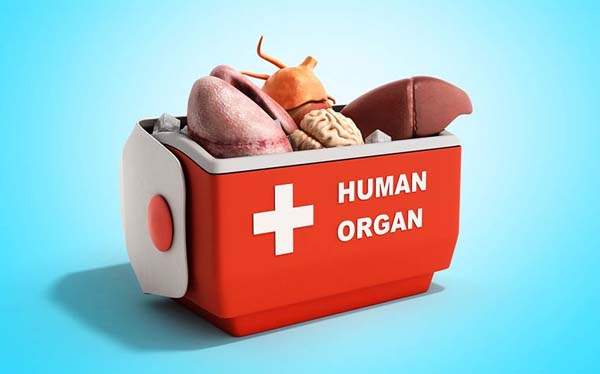Lakhs are registered for organ donations in country, but there are few donors. There has been a universal shortage of organs, but Asia lags behind the rest of the world, and India is even further behind other countries in Asia. Every person who dies naturally or in an accident is a potential donor, but many patients are unable to find one. There is a wide gap between patients who need transplants and the organs available. Over 2 lakh people die from renal failure every year, but only 10,000 got transplants last year. The same is true for liver transplants, with only three thousand people receiving transplants each year, while over two lakh people die. Heart transplants are around 250, and lung transplants are only 138. More seriously, transplants from deceased donors are extremely rare; most transplants are performed on living relatives or known people. To make things work properly, as lots of complications are involved, the Transplantation of Human Organs Act (THOA) of 1994 was enacted to provide a system of removal, storage, and transplantation of human organs for therapeutic purposes and to prevent commercial dealings in human organs. Deceased donors, especially after brain death (as a result of a road traffic accident, etc.), when a person cannot breathe on his own but can be maintained through a ventilator, oxygen, fluids, etc. to keep the heart and other organs working and functional for donation, are the most important source of organs. The other type of deceased donors, those with cardiac death, can donate only a few organs and tissues, like the cornea, bone, skin, and blood vessels, whereas after brain stem death, almost 37 different organs and tissues can be donated, including vital organs such as kidneys, heart, liver and lungs.
The upper age limit of 65 years set by the National Organ and Tissue Transplant Organization (NOTTO) becomes a major stumbling block for those waiting for years for donors. With so much advancement in life expectancy now in the late eighties, the upper age limit is irrelevant, and the decision by NOTTO to remove this age barrier is a great relief to patients. The domicile clause and registration fees collected by a few states have also been repealed. A patient can now register in any state or territory and wait for his turn to be matched with a donor, regardless of whether he is a resident of that State or Territory. GMC Jammu is one of the few medical colleges with renal and corneal transplant facilities available; they successfully started only last year and are of much relief to the patients of Jammu and Kashmir and neighbouring states. Efforts from the GoI are there to fill the demand and supply gaps for these human organ transplants, but the public has to understand the issue and come forward for the sake of fellow citizens. Extensive awareness programs, right from school to office level, must be initiated. Live transplant surgeries and the motivational stories of life changes after getting a transplant can change the hearts of many future donors. India is a country of compassion, emotions, and empathy, and the right systematic approach can remove many bottlenecks from this long-dragging socio-medical issue.
Trending Now
E-Paper


